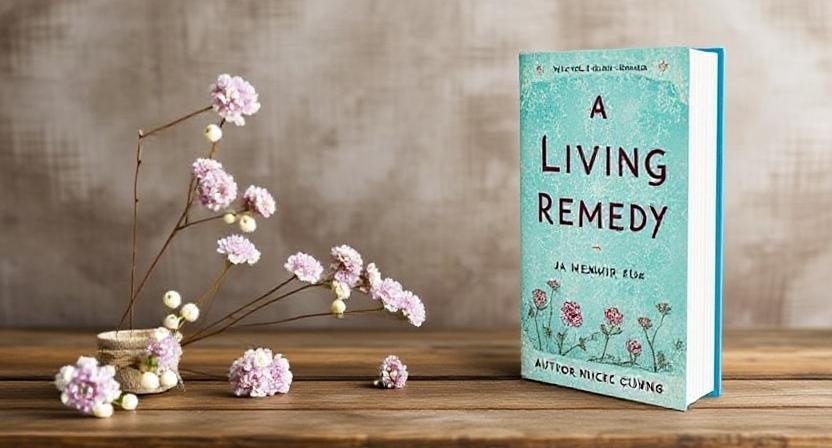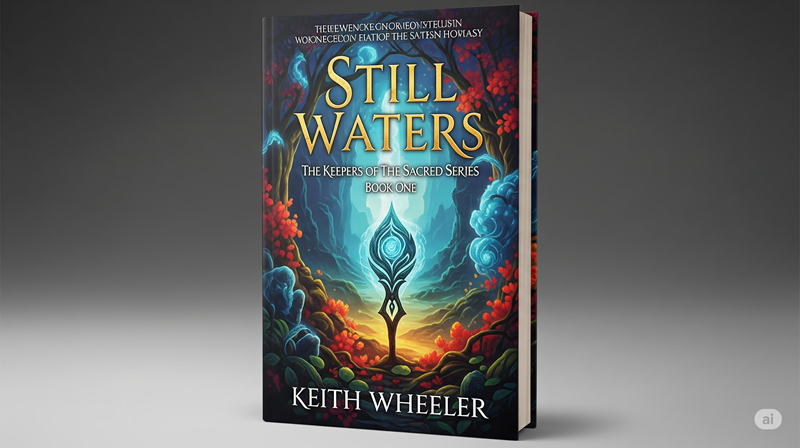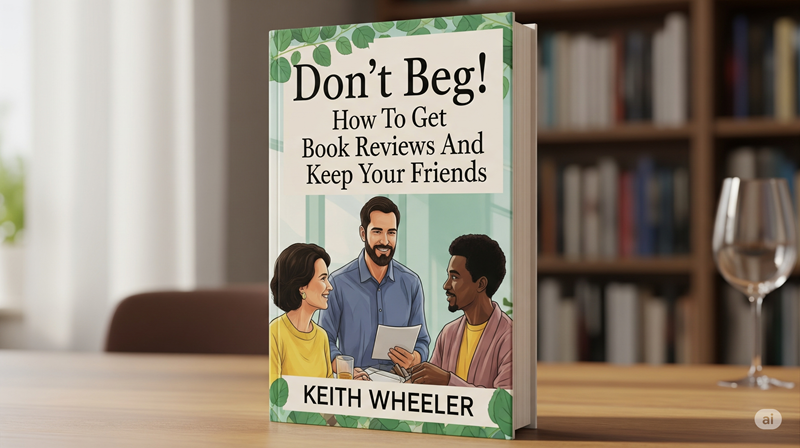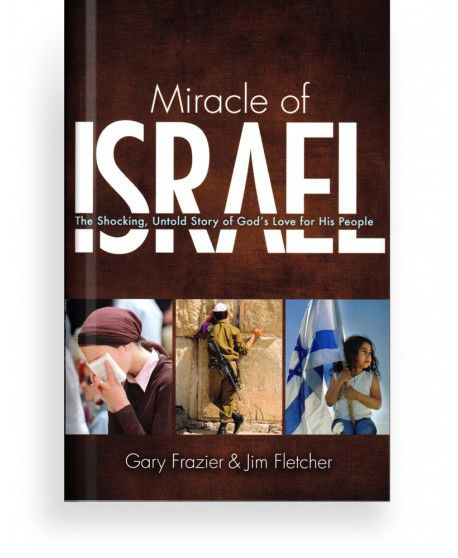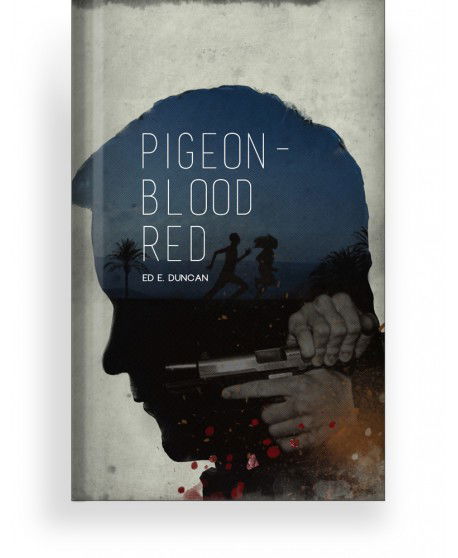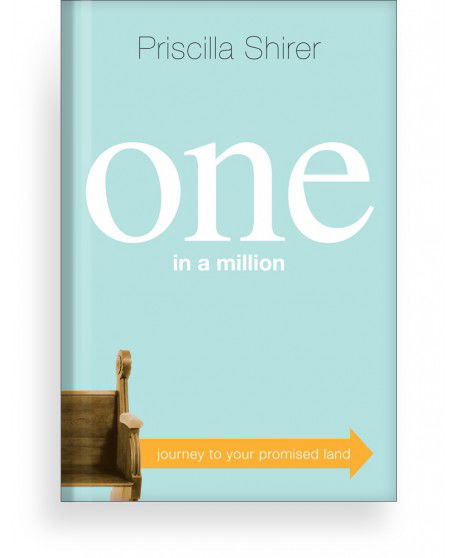1. Grieving Under the Weight of Capitalism Chung’s memoir centers on the back-to-back losses of her adoptive parents—her father to kidney failure (compounded by untreated diabetes), and her mother to late-stage ovarian cancer amid the early pandemic. Both deaths weren’t just personal tragedies; they became indictments of America’s fractured healthcare system. Chung describes her father’s passing as “a kind of negligent homicide,” spotlighting how decades of inadequate insurance and constant financial precarity forced him into crisis care apalaweb.org +14 teenvogue.com +14 npr.org +14 . 2. Class & Healthcare Injustice Raised in rural Oregon, Chung recognizes that her family’s semblance of middle-class life was actually “emergency to emergency.” Her father and mother navigated a patchwork of low-paying, insecure jobs and insufficient benefits, repeatedly denied Medicaid or disability aid until crisis struck kirkusreviews.com +4 npr.org +4 npr.org +4 . This memoir exposes how illness deepens economic inequality: “sickness and grief throw wealthy and poor families alike into upheaval, but they do not transcend the gulfs between us,” she writes kirkusreviews.com +1 washingtonpost.com +1 . 3. Daughter, Wife, Mother, Alone in Between Living across the country with her own young family, Chung is torn between caring for her husband and daughters and being present for her parents. Pandemic travel restrictions solidify this divide: she never witnesses her mother’s dying breath. The isolation echoes the broader failure of a society that offers emotional no-bid aid, not systemic support npr.org +9 washingtonpost.com +9 hub.jhu.edu +9 . 4. The Guilt of Survival & Distance Chung wrestles with what she calls “the specific, hollow guilt of those who leave hardship behind, yet are unable to bring anyone else with them” npr.org +3 npr.org +3 startribune.com +3 . Though she built a more secure life, it came at the cost of physical and emotional distance from her parents—distance that became a silent source of distress. 5. Finding a Way Forward Amid grief, Chung finds solace in what she terms a “living remedy”: memory, ritual, community, and the simple, grounding presence of her golden retriever Peggy time.com +13 teenvogue.com +13 apalaweb.org +13 . Through intimate reflection, she redefines mourning as a persistent practice of remembering—an act that keeps her parents’ love alive and honors their legacy. Why A Living Remedy Resonates Brutal civic critique: The book transforms personal grief into a sharp, urgent commentary on healthcare inequality. Emotional universality: Loss, guilt, love, and the ache of distance are portrayed with raw honesty. Blends memoir with social reckoning: Chung doesn’t just tell her story—she challenges readers to question collective responsibility.
Healing Through Words: A Deep Dive into A Living Remedy by Nicole Chung
In her heart-wrenching and deeply introspective memoir A Living Remedy, Nicole Chung returns with a story that resonates with anyone who has faced grief, systemic inequities, and the lingering ache of parental loss. Known for her acclaimed debut All You Can Ever Know, Chung’s follow-up is equally powerful — more mature, more urgent, and even more intimate.
The memoir traces Chung’s journey through the illness and eventual loss of her adoptive parents, a personal reckoning made even more complicated by the stark realities of the American healthcare system. With raw clarity, she explores how class, race, and lack of access to quality care shaped her family's experiences — and how grief can evolve into a catalyst for truth-telling and advocacy.
What makes A Living Remedy remarkable is Chung’s ability to weave the personal and political into a seamless narrative. Her prose is lyrical, precise, and unflinching. She doesn’t shy away from uncomfortable truths: the failures of institutions, the quiet guilt of success, and the pain of watching loved ones suffer with limited options.
This memoir is not just about loss — it’s about what remains. It’s about the questions we ask after death, the answers that never come, and the love that persists despite everything. Chung’s honesty becomes a balm, a “living remedy” in itself, for anyone who has loved and lost — especially those forced to do so while navigating inequality.
Recommended for readers who appreciate memoirs that illuminate social issues through personal lens, this book is both an elegy and a call to action.

